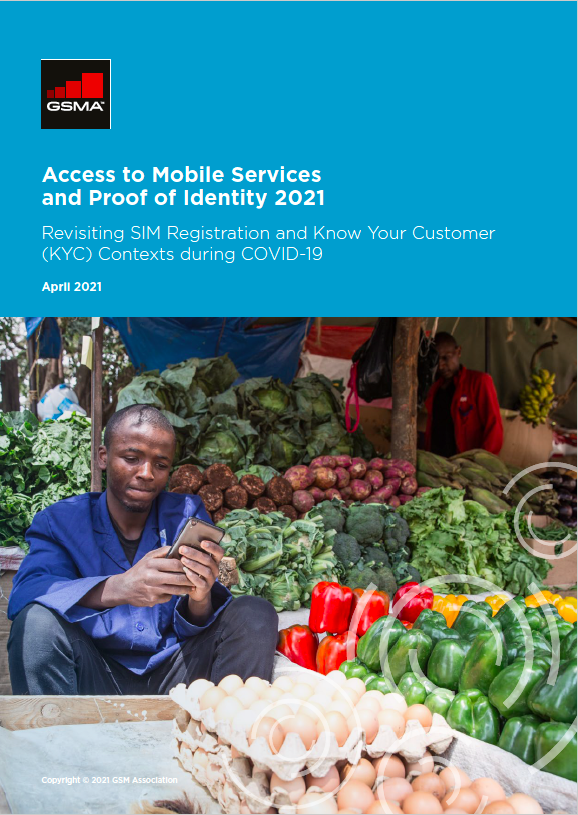The ability to prove one’s identity is essential to securing rights and access to life-enhancing services, including healthcare, voting, education, financial services, employment and social protections. Identification is also critical to accessing mobile services in one’s own name, especially in the 157 countries that have implemented mandatory prepaid SIM registration policies.
Since 2020, the COVID-19 pandemic has demonstrated just how vital it is for individuals to have access to mobile services in their own name. In addition to enabling access to critical healthcare information, digital platforms also supported individuals with remote learning and enabled them to receive social protection payments from their government that, in most cases, safeguarded them from the financial impact of lockdown measures. Connectivity has truly been a lifeline.
The Access to Mobile Services and Proof of Identity research report series examines SIM registration policies globally and finds, among other things, that certain underserved groups are significantly less likely to have a SIM card registered in their own name. These include women, those who are unemployed, persons with disabilities, those with only primary education and displaced populations, including refugees. The reports also highlight, through the lens of the COVID-19 pandemic, how government regulatory relaxations helped lower the bar for these underserved groups to access mobile services in their own name.


